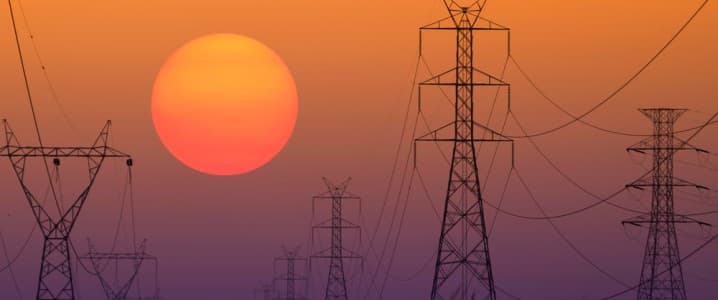Governments and policy makers must better anticipate and prepare for energy crises before they happen, drawing from past experience and increasing diversification of supply, predictability in policy, and international cooperation, Fatih Birol, Executive Director at the International Energy Agency (IEA), said on Thursday.
Many tools to tackle energy security today have been developed after crises have hit in the past. Such was the case with the creation of the IEA itself following the Arab oil embargo in the 1970s and with the emergency stockpiles of oil to fend off similar crises.
“Many of the tools we have come to rely on today originally came from actions taken to strengthen energy security after a crisis has hit,” Birol wrote in an article on LinkedIn.
“And in this lies an important lesson – we must better anticipate and prepare for energy crises before they happen, particularly in fast-evolving areas like critical minerals and technology supply chains, electricity and digital security, and climate resilience.”
The IEA praised policies for emergency oil and gas stockpiles in recent years. But the agency has now turned its focus on greater diversification in critical minerals and rare earths supply, as a handful of countries – led by China – have an oversized market share in the supply of materials critical to the global economy, manufacturing, and clean energy advancements.
The heavily concentrated supply of critical minerals in a handful of countries and China’s export controls are raising the risk of “painful disruptions” in the market, the International Energy Agency (IEA) warned in May in its annual report, Global Critical Minerals Outlook.
Despite major deals and government support in the West for building domestic supply chains, China has raised its market share over the past few years, the IEA’s report found.
The average market share of the top three refining nations of key energy minerals rose from around 82% in 2020 to 86% in 2024 as some 90% of supply growth came from the top single supplier alone: Indonesia for nickel and China for cobalt, graphite, and rare earths, the IEA said.
By Charles Kennedy for Oilprice.com
More Top Reads From Oilprice.com:

